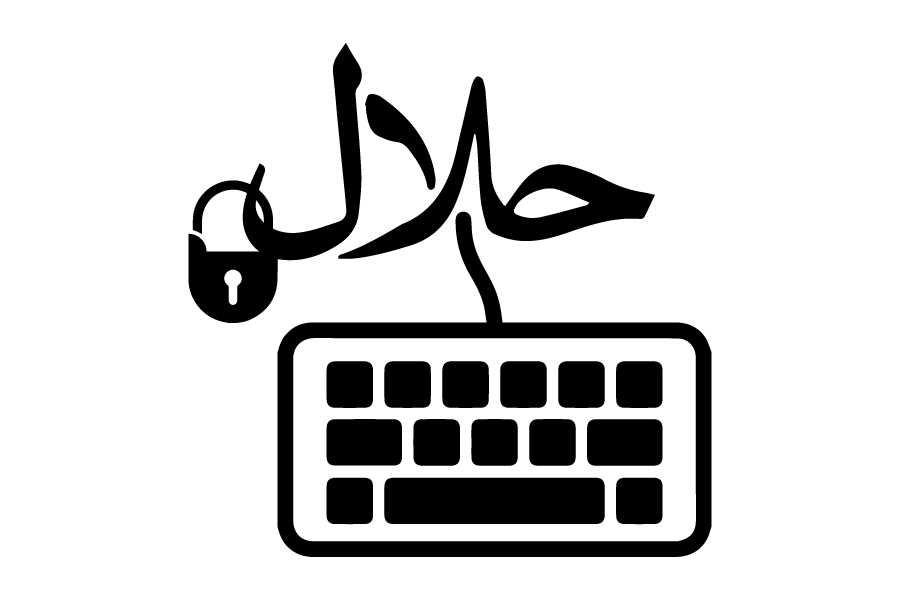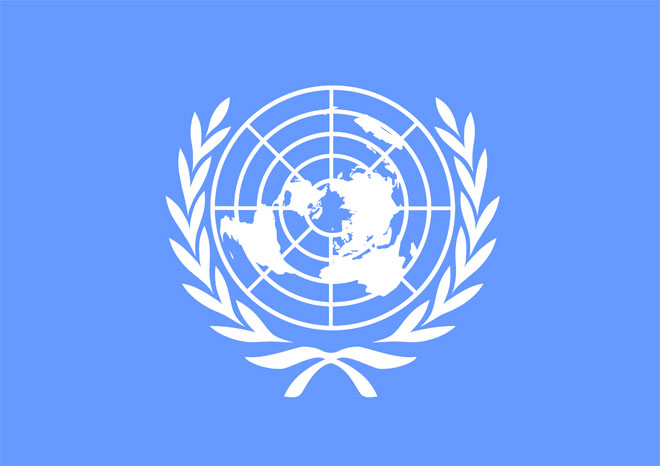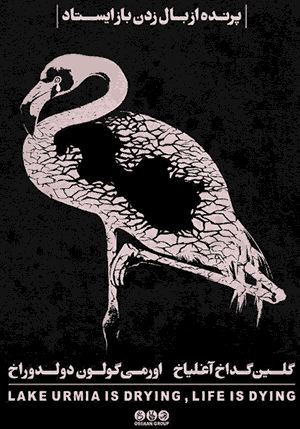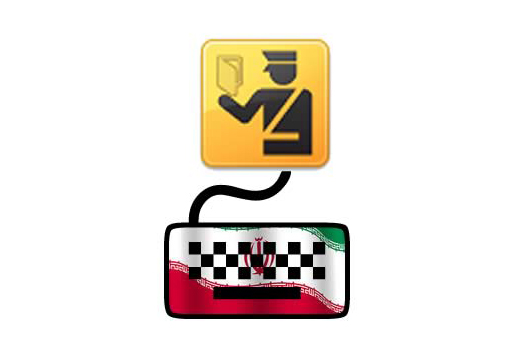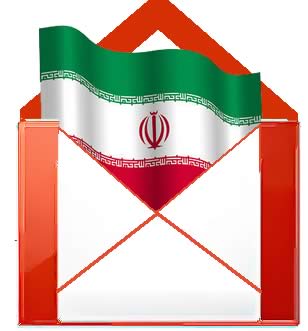January 5, 2012
Board member Fred Petrossians, writing for Global Voices discusses rumors and plans for total control of the internet by the Iranian state:
Iranian authorities see the internet as a real battleground and consider citizen media and social networking as tools of “soft war”. Over several years they claim to have blocked and filtered millions of websites and blogs. Now several bloggers have reported that Iran's Corporate Computer Systems say the goal is for Iran to be entirely cut off from the World Wide Web once the country launches its own national internet network.(More here...)


